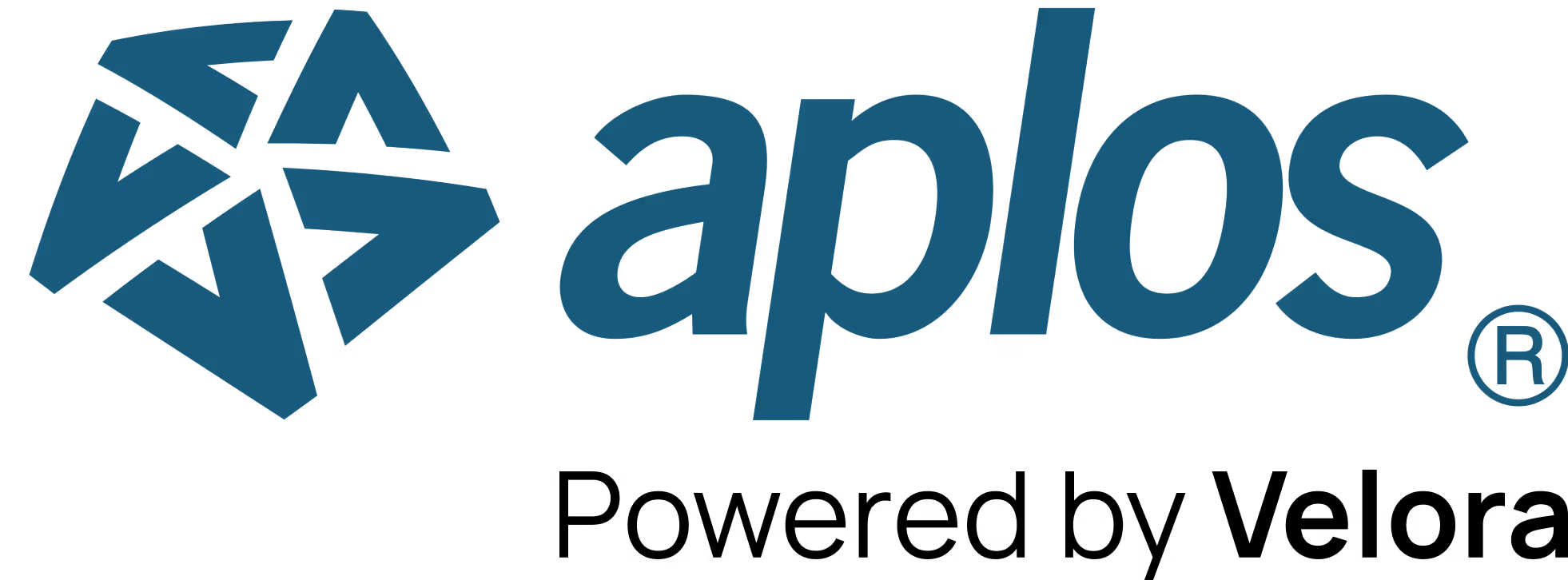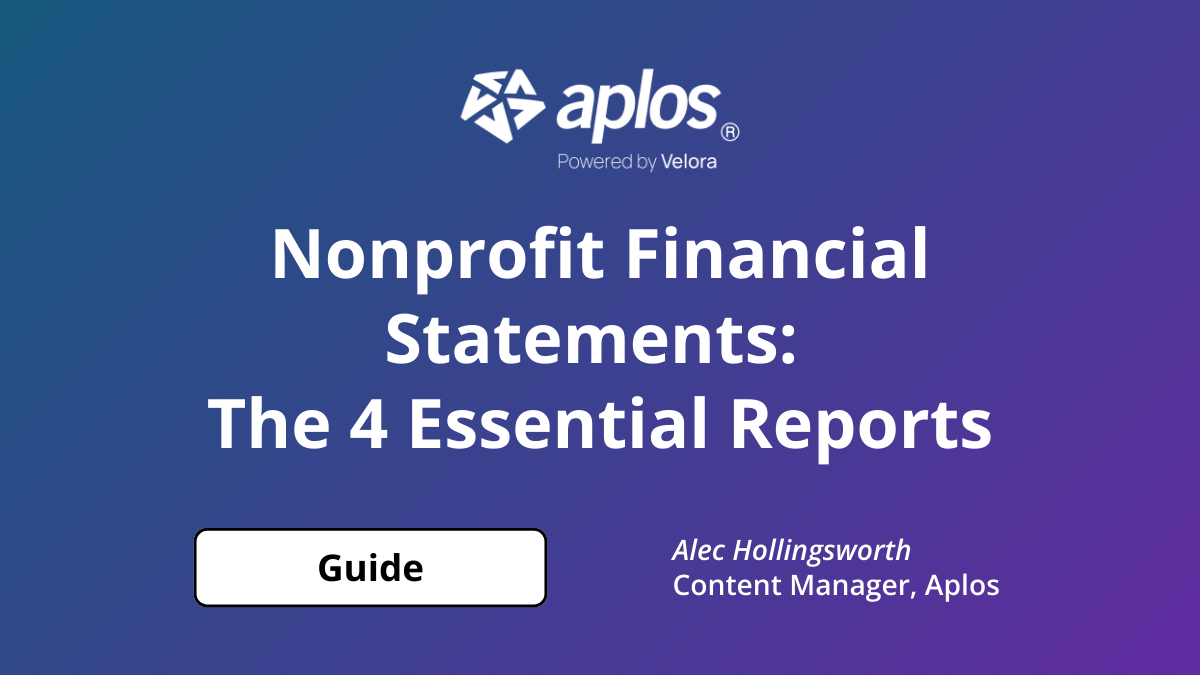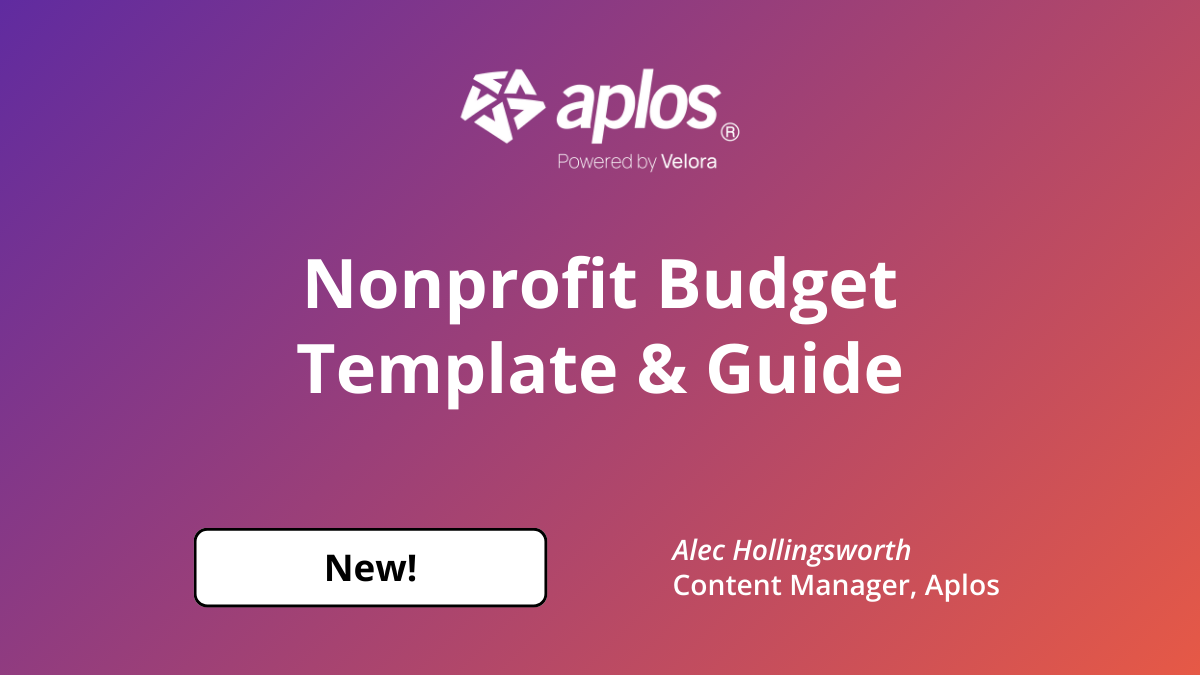
Accounting refers to the process of auditing, maintaining, and processing financial information. Every business relies on accounting principles to organize, maintain, and process financial dealings. The majority of businesses and nonprofits hire accountants, or people who specialize in accounting, to make sure their business’s finances are updated and valid. In the sum of their responsibilities, accountants create financial reports and present them to managers, regulators, and stakeholders – even when it comes to nonprofit accounting. Accountants who keep daily records of a business engage in a process known as bookkeeping.
In short, accounting allows businesses and corporations to keep track of finances in the real world. People can also do accounting from home. All they need is a journal, pen, and pad to write down all of their earnings, purchases, and savings. Accountants do all of this and more, especially when tax season rolls around.
Get true nonprofit accounting with Aplos. Try it free for 15 days.
The History of Accounting
Double-Entry Accounting
Accounting has its origins dating back to the start of trade and business. In fact, accounting came into existence as soon as trade and barter became a means of exchange between humans. Civilization understood the need to keep accurate records. Otherwise, it could mean losing more than its share of goods and services.
The earliest account of double-entry accounting did not emerge until Luca Pacioli, a Franciscan monk, transformed the business world. Business merchants and establishments saw the benefit of using double-entry accounting to help maintain accurate records. Its popularity and efficiency allowed it to grow to be one of the most widely practiced business standards today.
Tax Laws
The field of accounting has advanced in other ways since the introduction of the double-entry standard, such as tax laws. Tax laws laid the groundwork for tax returns and tax audits. In their heyday, many lawyers argued they should hold the responsibility for calculating tax returns and conducting tax audits. This changed once lawyers realized the difficulty involved in preparing taxes. As a result, accountants leapt at a very profitable opportunity to add to their practices. This created a career position known as the tax accountant within the industry. Other types of accounting are financial, internal, external, cost, and management accountancy.
Accountants as Moral Guardians
The Great Depression also strengthened the role of accounting in today’s modern business world. The crash of the 1920s resulted in the creation of stricter rules and regulations for businesses, including tax audits for corporate entities. These rules and regulations ensured that the corporations would hold themselves accountable for their financial dealings. In other words, accountants became the moral guardians for businesses. Accountants made sure to protect the general interest of the public, which restored consumer confidence in the business world.
Today the field of accounting continues its role as a watchdog for the common investor. Unfortunately, many dishonest accountants have been hired by corporate executives who abuse their power. This happens because the accountants hired by these corporate executives do not want to lose their jobs. As a result of this dilemma, the field of accounting is scrambling to find a solution to promote morals in business dealings. It may take a while to restore balance in regulating, auditing, and policing corporate liability. In fact, corporate shareholders may need to find the solution to keep executives from abusing their power in the future.
Resources About the History of Accounting
- The History of Accounting: A document that explains the complete history of accounting.
- A Brief History of Accounting From Prehistory to the Information Age: A webpage that shares a brief history of accounting from the beginning of trade to modern moral problems between corporate-accountant relationships.
- History of Double-Entry Bookkeeping: A brief history of double-entry accounting, which is the backbone of modern bookkeeping.
- Accounting Basics: History of Accounting: Investopedia explains a brief history of accounting, from Luca Pacioli to modern corporate scandals.
- Basics of Double-Entry Bookkeeping: A webpage that teaches about the finding of double-entry accounting by Luca Pacioli, and how it has impacted the field today.

Budgeting
Budgeting refers to the act of planning to save and spend within the restrictions of an individual’s planned income. People at home can learn to budget to increase their personal savings. In order for businesses to stay alive, they must project income and expenses in order to remain in operation.
Many business owners hire accountants to create a budget for each fiscal year. Accountants can create different budgets based on the needs of the business, such as the forecast, performance, and cash budgets. A forecast budget estimates figures within an expected specific time frame. Accountants may use figures from previous years to calculate estimates for the current year. The performance budget aims to provide estimates on upcoming revenues and expenses, usually on a service rate or per-project basis. Lastly, the cash budget estimates how much the business will require throughout the year. Accountants create a cash budget by predicting future business transactions and cash receipts within an expected time frame.
Resources for Budgeting
- Chapter Twenty-One: Budgeting: Planning for Success: An online chapter that describes the complicated budgets that accountants create for businesses.
- Budgeting and Accounting Relationship: A government-based webpage describing the relationship between accounting and budgeting.
- Cost Accounting: Budgeting Basics: Dummies.com explains cost budgeting basics.
- Reporting and Operations: Nonprofit Accounting Basics: A webpage that explains the importance of budgeting when maintaining a business.
- General Tips on Budgeting and Forecasting: A bulleted list of tips that could be used to make a forecast budget.
Debits and Credits
Debits and credits confuse people often, especially in the field of accounting. In short, debits increase assets while decreasing liabilities and equity. Credits increase liabilities and equity while decreasing assets. Accountants record debits as any item that impacts or increases assets, such as equipment, bank balances, and accounts receivables. Businesses that make a payment on a loan toward an asset create a credit transaction. Accountants record both debits and credits for the most accurate bookkeeping.
People at home have their own debits and credits to keep records of in the long run. For instance, a payment on a car loan translates to debit before becoming a credit. Accountants deal with debits and credits on a daily basis due to a frequent exchange of value between assets and liabilities in business transactions.
Resources About Debits and Credits
- Bean Counter’s Accounting and Bookkeeping “Cheat Sheet”: A cheat sheet that helps distinguish between debits and credits in accounting.
- Debits and Credits: Quick MBA explains defines and explains the difference between debits and credits in accounting.
- Chapter 2: Debits and Credits (PDF): A document that explains and gives examples on debits and credits in accounting.
- Debits and Credits: Boundless describes the two fundamental aspects of the double-entry accounting standard.
- Debit and Credit Chart: Accountrain provides a chart to provide a better understanding of the difference between debits and credits.
Accounting Careers
A career in accounting can be quite rewarding. However, the individual pursuing the career must be good with numbers. Accountants can perform a variety of tasks, including reviewing and analyzing financial information for clients in the form of taxpaying, auditing, and advisory. The majority of accountants earn large salaries, especially if they become Certified Public Accountants (CPAs).
Accountants generally earn a four-year degree before entering the field. After obtaining two years of experience, accountants can sit down for the CPA exam to earn their license. According to the Bureau of Labor Statistics (BLS), the median annual salary for accountants was $61,690. The demand for accountants will only increase as more businesses and corporations need the means to keep track of their financial records. This also applies to accountants wishing to work overseas.
Resources for Careers in Accounting
- Surprisingly Exciting Accounting Careers: A list of five accounting careers, including international accountant, forensic accountant, IRS special investigator, comptroller, and Chief Financial Officer (CFO).
- CPA Career Paths: The American Institute of CPAs explains how to become a Certified Professional Accountant (CPA).
- Accounting Program Career Facts: Lansing Community College provides a detailed career profile for those studying to become an accountant.
- Accountants and Auditors: The Bureau of Labor Statistics (BLS) shares the career outlook for accountants and auditors.
- Accountant Average Salary: Payscale provides national employer data for those who chose to become an accountant on their career path.
Activities to Learn About Accounting
Accounting can be a complicated and intimidating part of any business model. Students have a harder time understanding the accounting concepts. In fact, skilled activities are the only way for students to understand the accounting function of a business. Learning activities place the students into a real-life scenario that may help them grasp the role of accounting in a positive light. Most students need to understand the complexity of accounting in a fun, entertaining environment.
Activity Resources
- Accounting the Monopoly Way: A learning activity that has students learning accounting principles using the game Monopoly.
- Level 1 Accounting Learning Workbook: Full Answers to Workbook Activities (PDF): A document that shares the answers for those who passed the first workout learning activities.
- How to Study Accounting: An online tutorial that outlines the steps on how to study for accounting.
- Accounting Learning Games: A variety of learning games for students, including flashcards, fill-in-the-blank, matching, crosswords, and pick-a-letter games related to accounting.
- Financial Accounting: Lesson Plans, Mind Maps and Activities for Educators: A list of links for educators looking for learners activities for their students.
- Accounting: Preparing Payroll Records: The Utah Education Network provides a lesson plan for educators who wish to teach their students about payroll records.
- How Secure Is Social Security?: The Public Broadcasting Service (PBS) shares an accounting lesson plan related to social security for educators to give to their students.
- BT Skinner: Accounting Lesson Plans: A list of accounting lesson plans educators to give their students.
- Handson Banking: An interactive game that will help kids learn about efficient spending, saving, and budgeting in their own person finances.
- Finance in the Classroom: Financial Games: A large selection of games for students to play in the classroom centered around accounting.
Additional Resources
The field of accounting involves a lot of complex and confusing principles. Students who spend a little more time reading about accounting will grasp the concepts better than those who simply forget about it. Many organizations, associations, and publications provide information that can help students learn more about the field. Supporting instruction and documents will keep students on the right track, especially if they choose accounting as their career.
- How Forensic Accounting Works: HowStuffWorks explains forensic accounting standards.
- Accounting and Your Future Webquest: A webquest for students to learn more about accounting as a career choice.
- The Accounting Cycle: A webquest teaching students about the accounting cycle.
- Accounting I: A lesson plan with activities for students taking Accounting I.
- Accounting I: Why Take Accounting?: A webquest with chapters and activities dealing with accounting basics.
- Unit 5: Accounting for Special Procedures: A webquest teaching students how to use accounting skills for special procedures.
- Payroll Records: A webquest dealing with a business’s payroll.
- The Accounting Zone: Ratio Analysis: A webquest addressing ratio analysis in accounting.
- The American Accounting Association: An association providing all kinds of information related to accounting.
- Accounting Basics: Entrepreneur.com offers a selection of articles on accounting basics.
If you are using QuickBooks®, you should check out our software. We designed Aplos specifically as a nonprofit accounting solution for organizations just like yours.

Our comprehensive closeout services start at $399 per month that needs to be reconciled. Sign up before Jan 1st and pay just $199.50 per month!
Copyright © 2025 Aplos Software, LLC. All rights reserved.
Aplos partners with Stripe Payments Company for money transmission services and account services with funds held at Fifth Third Bank N.A., Member FDIC.
Copyright © 2024 Aplos Software, LLC. All rights reserved.
Aplos partners with Stripe Payments Company for money transmission services and account services with funds held at Fifth Third Bank N.A., Member FDIC.



.png)



